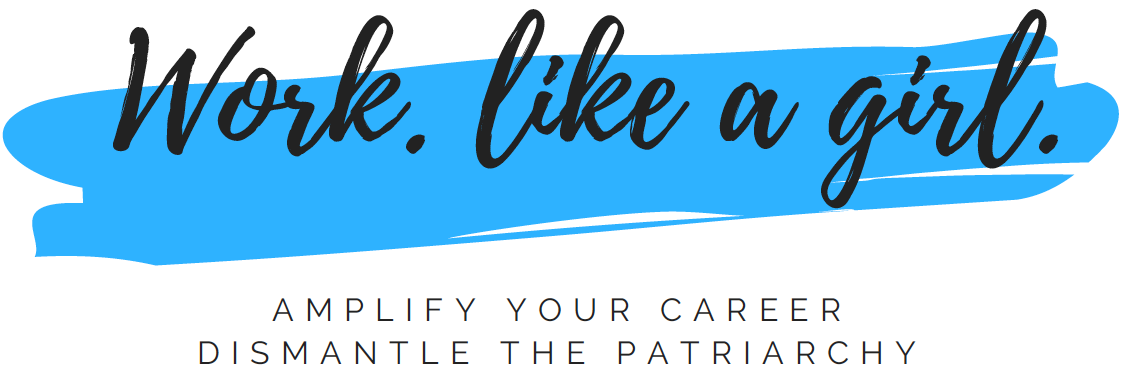We’re living in a time where paying attention to the news seems to create toxicity, and paralysis. Not paying attention feels immoral. Fascism is on the rise around the world, not just here at home. And taking to social media to vent rarely leads to comfort, but more vile.
This is not a simple problem with a simple answer, and the truth is that we cannot give from an empty well. And, yes, we have to pay attention to social issues and take action, but too often, the anger and paralysis takes over without creating the change I know we all desire.
Self care is critical. Read that sentence again, and sit with it if you need to. Self-care in its many forms is no longer optional. But what the hell does that look like? Granted it’s different for everybody, so a few tips on what comes next in order to center, ground, weed out the noise, and ultimately, do the most good.
1) Turn off your technology
Do some research on the topic – whatever that topic is for you. I grew up during the Regan administration, in which I was told to just say no. In college a gap in my schedule led me into a drug policy class in which the professor’s over-arching point was, “It’s not the drug, but your body’s chemistry with the drug that determines addiction and the relationship with the drug.” While resistant at first, I took it in and observed. Knowledge and observation changed my position.
And finally, engage so you can see the other person’s face, not merely type in all caps. Read body language, ask questions rather than walk away seething because you’ve made an assumption. I found “What do you mean by that?” (when asked without hostility) is a good starting point which allows the other side to clarify her position. And again, listen.
2) Ask for help
I grew up in a house where poor communication was modeled. My mother would not ask for help, and would then become angry and lash out when she became overwhelmed. She was the victim of her own assumptions.
False imprisonment is a learned behavior. It’s the perception that our actions won’t make a difference, or that an alternative to what we’re currently doing is not available. That’s simply wrong if you’re an adult. You always have a choice. Sometimes that choice is limited to your perspective on the situation, but still, it is your choice.
Ask for help and delegate. Give others the framework to get the job done, but don’t micro-manage. If you insist on others doing it “your way,” you’ll both be unhappy. Also, give others the opportunity to learn. Start by delegating small tasks that aren’t emotionally charged. Once you’re comfortable with the small stuff, you can delegate the bigger tasks as well.
3) Make time for your health
Make time for your health in whatever form that looks like, whether exercise meal prep, meditation or all three.
You cannot give from an empty well. To do: make a happiness list and a health list. For example, exercise is on my health list. Games of Thrones is on my happiness list. These are required. For you, it might be something different. But know how to fill your cup so that when need be, you can flip your mood.
4) Be informed, but not absorbed
With all that is happening in the world right now, the “I can’t stand politics” or “it’s impolite to discuss politics” line is a thing of the past. Our lives, and the lives of our children, and of our planet, literally depend on us taking action now.
But that doesn’t mean we freak out, and do nothing (and believe me when I say this pep talk is for me as much as anyone). Here’s what it does mean: you make a list of the issues most important to you, and how you can make a difference. For me, it has to be the planet, which is about 12 years away from some dramatic consequences. For my family, we no longer buy beef or pork. We have switched to beans and tofu, because we want to seriously cut down on our carbon footprint. For you, it might look different.
For you or your family, it might be another tactic: biking and not driving. It might be picking food for a homeless shelter as my friend April does monthly. It doesn’t matter the issue, what matters is our response: what do you care about, and how can you make it actionable?
5) Be the biggest grown up in the room
Sarah Silverman provided a beautiful example of how we respond to those who are ugly. When a stranger called her a name on twitter, you did a little recon and found out he was suffering from chronic pain. She met him with empathy and helped him get the treatment he needed.
Now, we might not all have the patience or resources to meet someone with a Buddha-mind like Sarah did, but we have the opportunity to ask, “Is this person acting out of love or fear?” Because those are the only two options for all human emotion. Joy, humor, laughter, kindness equate to love. Anger, violence, and defensiveness equate to fear. Someone is afraid of loss, not being heard, or harm, whether in physical or ego form.
Let me be clear: this recognition does not require you to engage. It might help your engagement or response, but it is not required of you. During the Kavanaugh hearings, I ended up unfriending someone I had known a lifetime. As a sexual assault survivor, I recognized that it’s not my job to continue being triggered by an individual married to his own ignorance. And it’s never my job to educate those whose only objective is to make me wrong.
This is not a comprehensive list, but rather a starting point. I’d love to hear your best practices for modern self-care in the modern age. How do you find balance and sanity in this new era of constant availability? Tell me in the comments.


